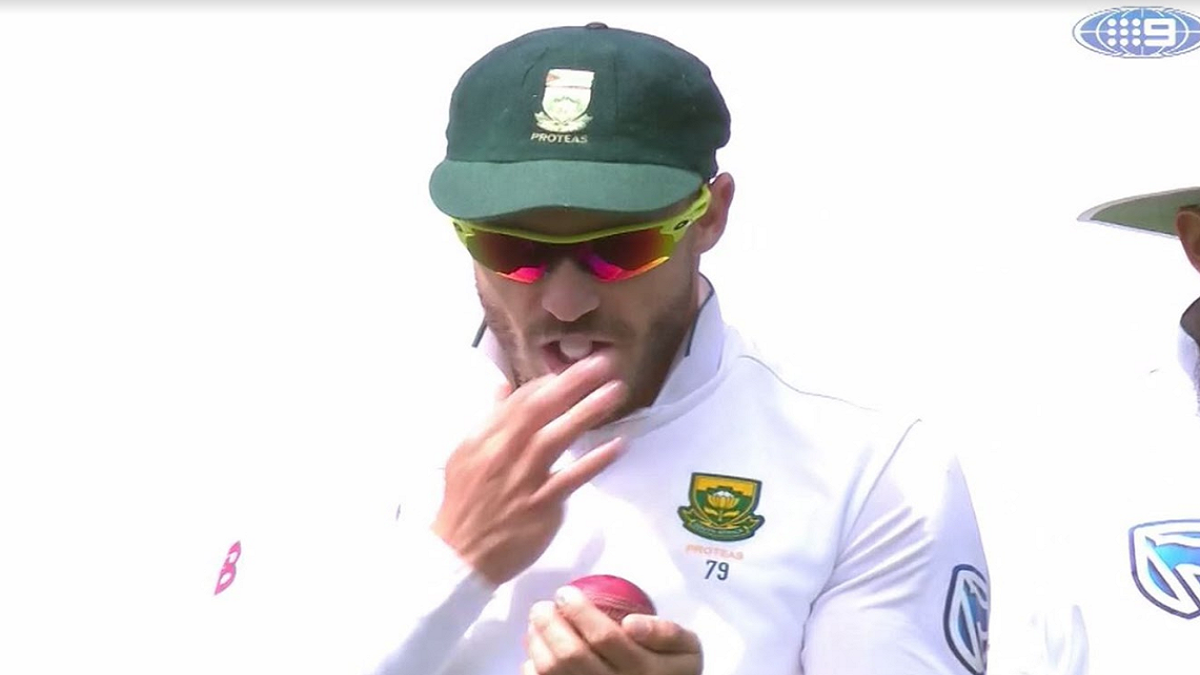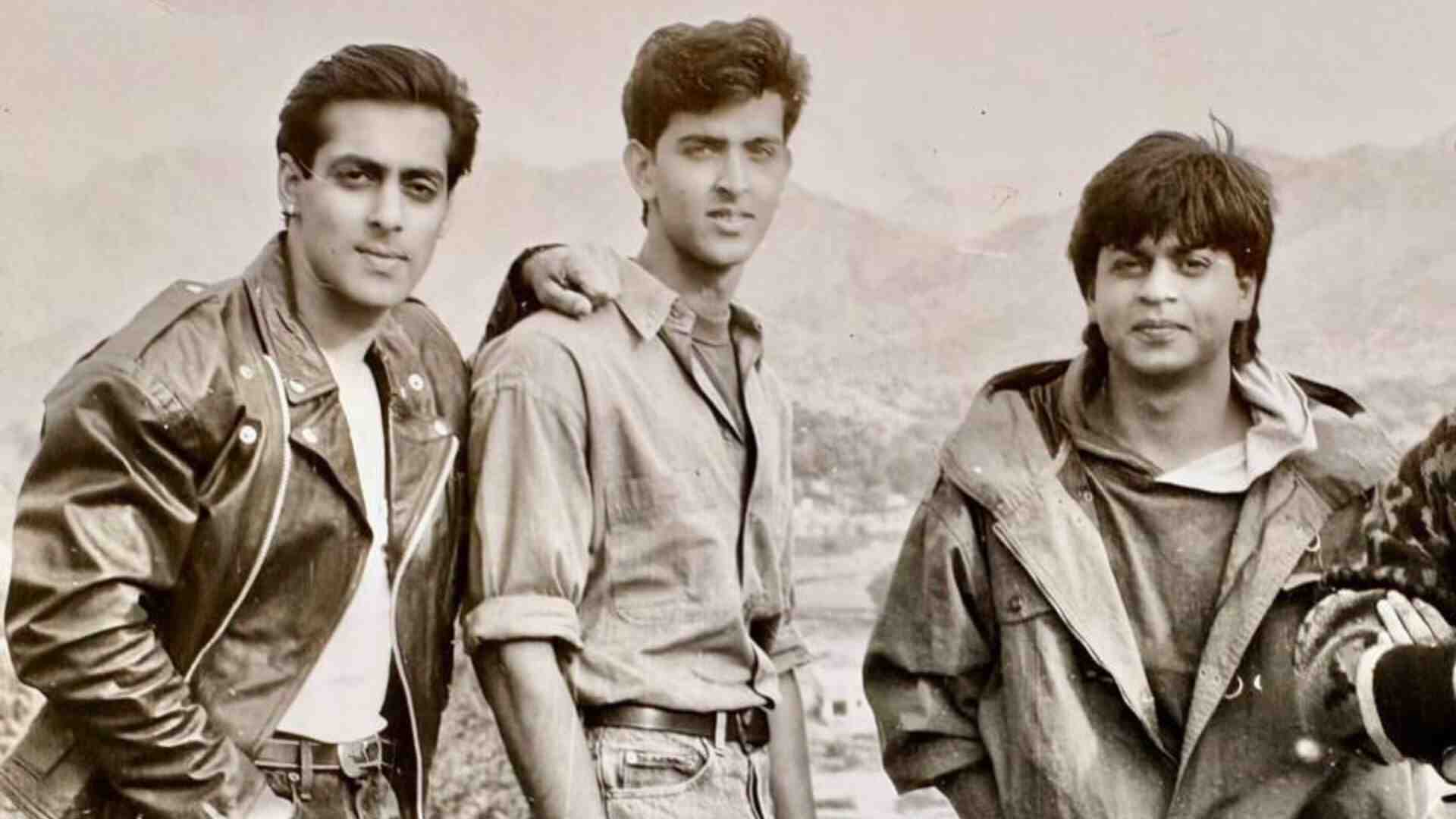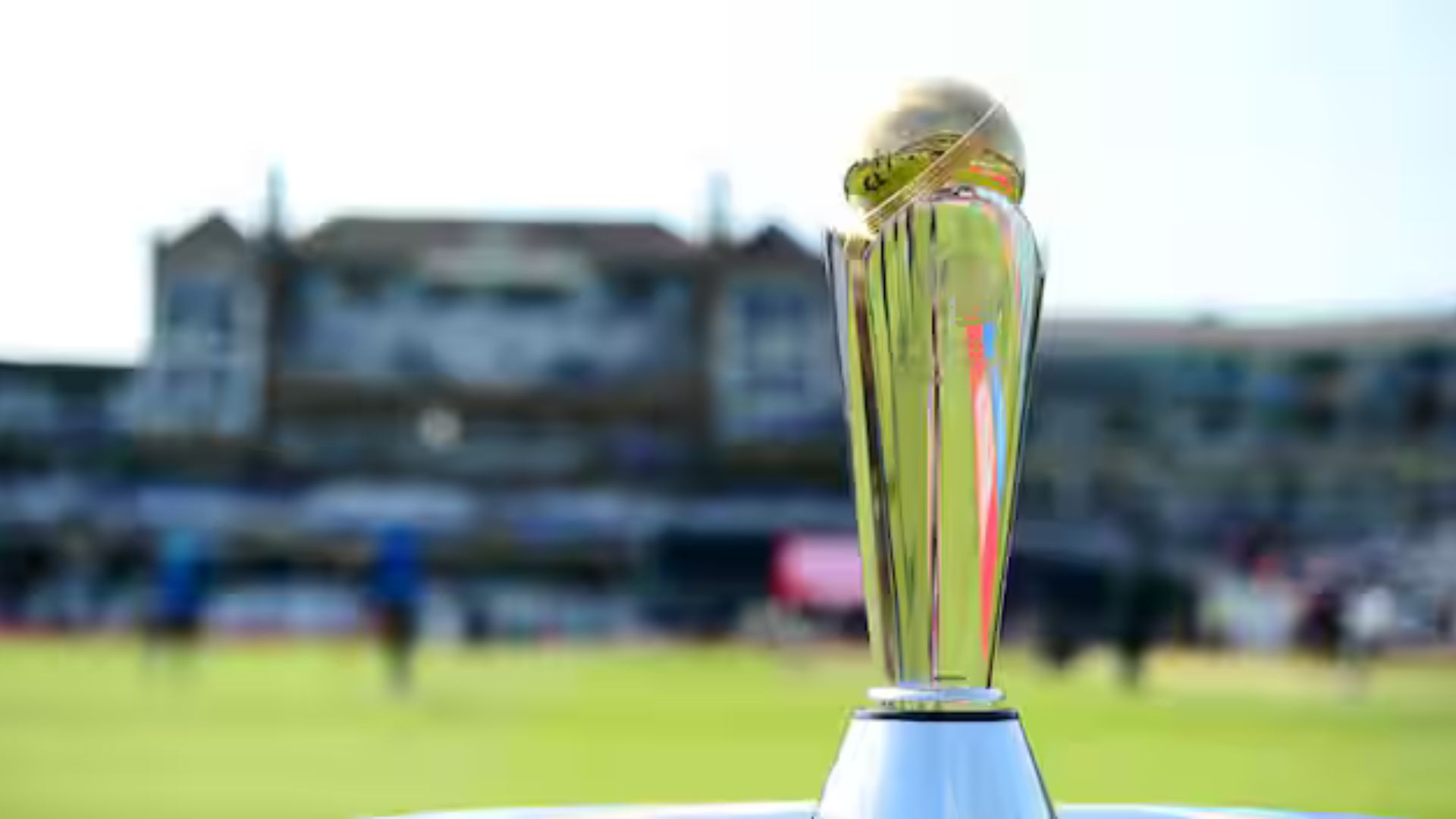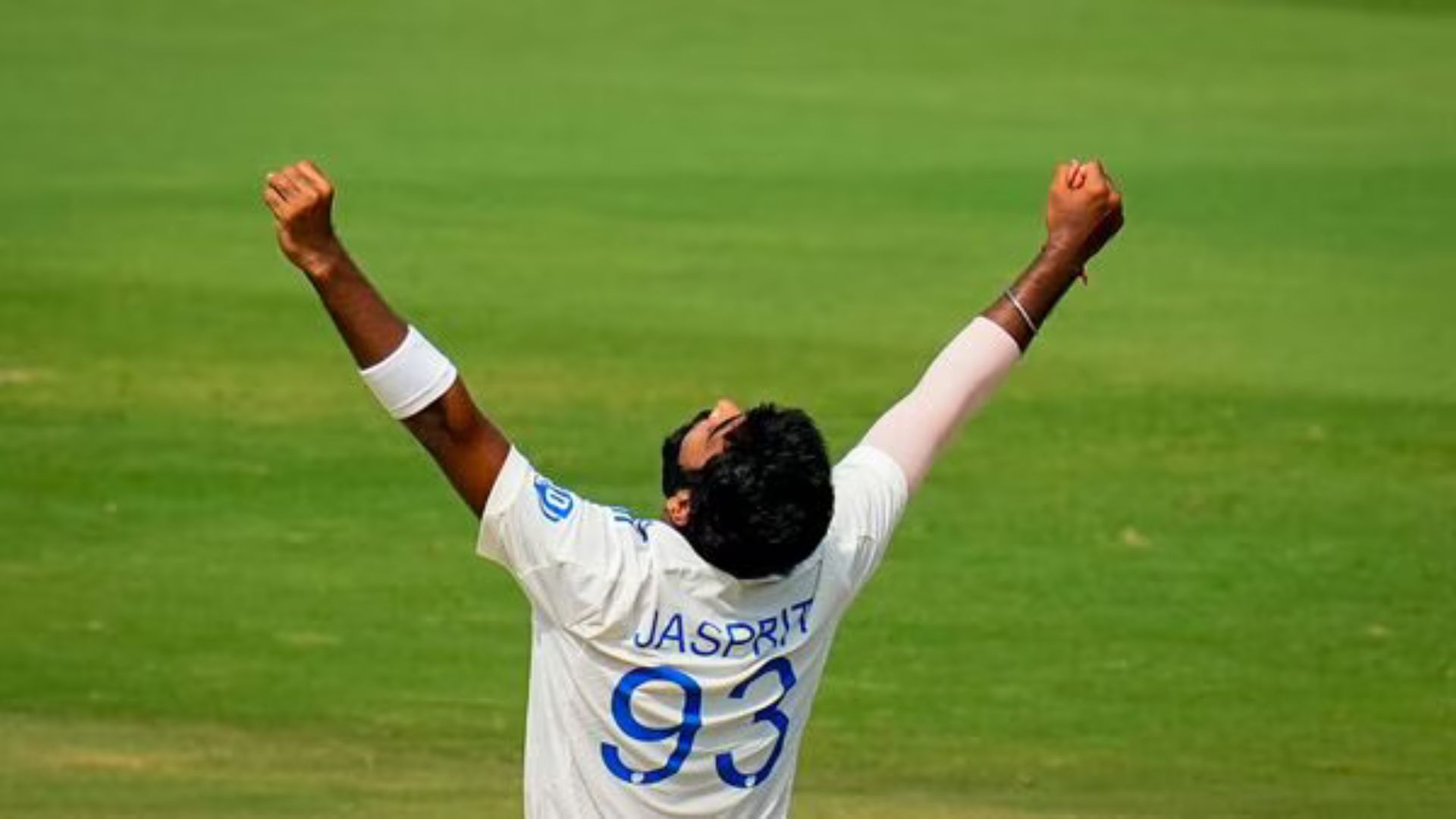
As international cricket resumes after almost a threemonth-long Covid-19 halt, the International Cricket Council (ICC) explains in detail the Covid-19 rules on replacements, ban on applying saliva to the ball, additional DRS reviews and the procedure of Code of Conduct sanctions, among other things. The ICC Chief Executives’ Committee (CEC) earlier approved recommendations of Anil Kumble-led cricket committee which was aimed at mitigating the risks posed by the coronavirus and protecting the players and match officials when cricket resumes. The ICC has released all information on rules and changes in the game during Covid-19. Here’s everything you need to know:
What are the key changes?
1. Covid-19 replacements: During a Test match, a team will be allowed to replace a player tested positive for Covid-19, displayed symptoms, or forced to isolate because of contact tracing. In line with concussion replacements, the match referee would approve the nearest like-for-like replacement.
2. Ban on applying saliva to the ball: Players will not be permitted to use saliva to shine the ball. If a player does apply saliva to the ball, the umpires will manage the situation with some leniency during the initial period of adjustment for the players, but subsequent instances will result in the team receiving a warning. A team can be issued up to two warnings per innings but repeated use of saliva on the ball will result in a 5-run penalty to the batting side. Whenever saliva is applied to the ball, the umpires will be instructed to clean the ball before play recommences.
3. Non-neutral umpires: The requirement to appoint neutral match officials will be temporarily removed from the playing conditions of all international formats. ICC will be able to appoint local match officials from the ‘Emirates ICC Elite Panel of Match Officials’ and the ‘Emirates ICC International Panel of Match Officials’.
4. Additional DRS Reviews: Teams will get an additional DRS review in each innings, increasing the number of unsuccessful appeals per innings for each team to three for tests and two for the white-ball formats.
5. Code of Conduct: The ICC cricket operations team will support match referees when processing Code of Conduct breaches and a neutral Emirates ICC Elite Panel Match Referee will conduct any hearings remotely via video link.
6. Additional logo allowed: A logo, not exceeding 32 square inches in size, may be placed on the chest of the Test match shirt and sweater in addition to the three other logos allowed as per regulations.
This will apply through to the end of the 2020-21 season.
When will these interim changes be reviewed? The changes will be reviewed every three months. Saliva is banned but not sweat. Why?
The ICC Medical Advisory Committee (MAC) has recommended that saliva is not used on the match ball because of the elevated risk of transmission of the virus through saliva and as such, the use of saliva to polish the ball is prohibited. The MAC advised, that it was highly unlikely that the virus can be transmitted through sweat and saw no need to prohibit the use of sweat to polish the ball, whilst recommending that enhanced hygiene measures are implemented on and around the playing field. Why are there Covid-19 replacements in Tests but not in ODIs and T20Is?
Players will go through pre-match medical screening each day, and it is less likely that any of the criteria that would trigger a Covid-19 replacement could present during a one-day match.
Who decides that a player needs to stand down? The team medical representatives will decide whether a player needs to be withdrawn from a match.
Does this work like a concussion replacement? Yes. The replacement will be for the entire duration of the match and the match referee will sanction any like-for-like replacements.
What about hygiene measures?
There will be enhanced hygiene measures around the field of play and the host Board will be responsible for providing the facilities at venues. Member boards will be responsible for educating their players. On the field, umpires will keep the ball clean with an appropriate cloth each time a player uses saliva on the ball.
What happens if a player tests positive during the England-West Indies series? The ECB has worked closely with public health authorities in the UK and will have a dedicated Covid-19 Medical Officer throughout the series. If a player or match official becomes unwell, they will be isolated immediately.















